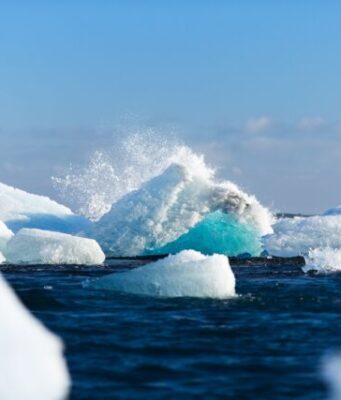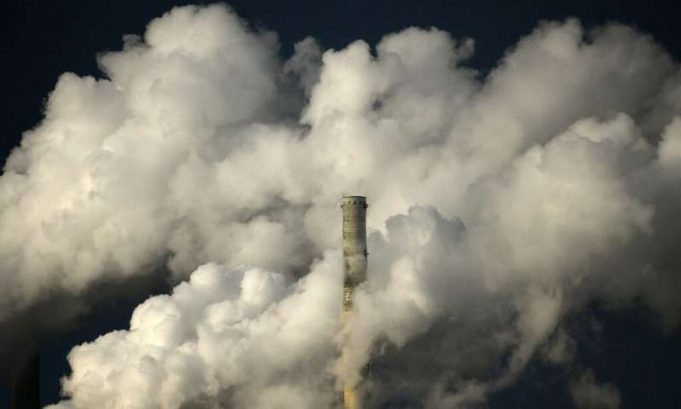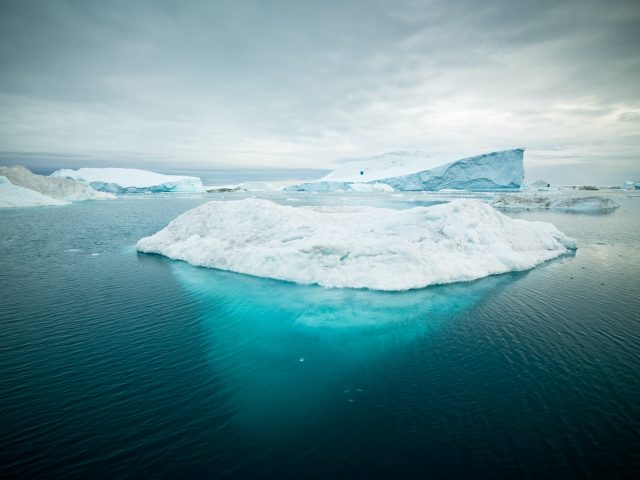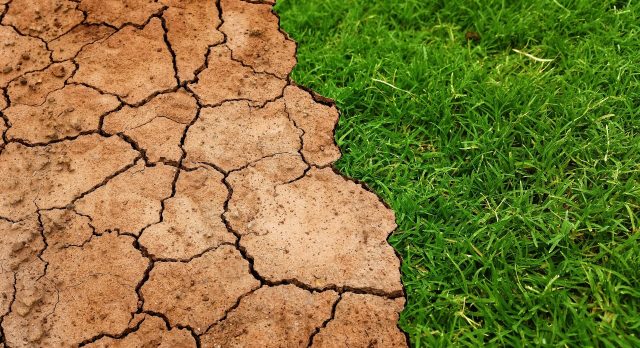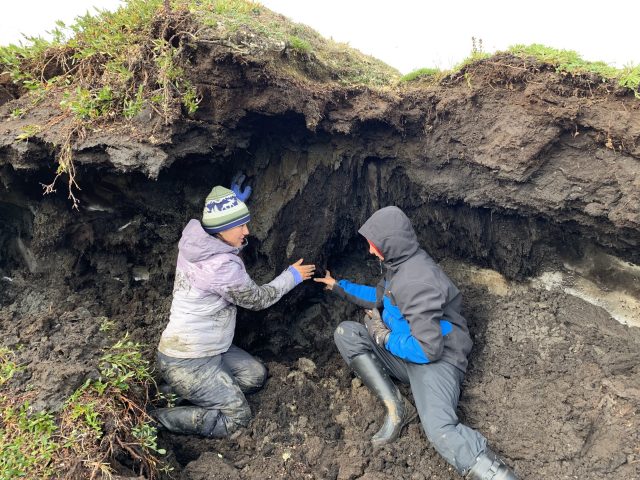Slashing global emissions would result in "substantial" near-term rewards by reducing the risk of unprecedented warming even within the next two decades, according to a new study Monday.
Most nations have signed up to the landmark Paris agreement goals of...
Decarbonizing U.S. electricity production will require both construction of renewable energy sources and retirement of power plants now operated by fossil fuels. A generator-level model described in the December 4 issue of the journal Science suggests that most fossil fuel power...
In a study published this week in The Cryosphere, researchers from the National Centre for Atmospheric Science and University of Reading demonstrate how climate change could lead to irreversible sea level rise as temperatures continue to rise and the Greenland...
The drastically increasing influence of humans on Earth's climate causes a melting of polar ice sheets and therefore a rise in global sea levels. A team of international scientists led by the Institute of Earth Sciences at Heidelberg University...
A new study shows that increased heat from Arctic rivers is melting sea ice in the Arctic Ocean and warming the atmosphere.
The study published this week in Science Advances was led by the Japan Agency for Marine-Earth Science and Technology, with...
Global warming of 2°C would lead to about 230 billion tonnes of carbon being released from the world's soil, new research suggests.
Global soils contain two to three times more carbon than the atmosphere, and higher temperatures speed up decomposition...
The 0.2 degrees C rise is substantial, given that global mean temperature is currently about one degree higher than in pre-industrial times, and governments worldwide have agreed to stop the increase well below two degrees.
"If global ice masses shrink, this changes...
The first large-scale study of the risks that countries face from dependence on water, energy and land resources has found that globalisation may be decreasing, rather than increasing, the security of global supply chains.
Countries meet their needs for goods...
If you flew from the sea towards the land in the north slope of Alaska, you would cross from the water, over a narrow beach, and then to the tundra. From the air, that tundra would look like a...
Over the past three decades, the depths of the Antarctic Weddell Sea have warmed five times faster than the rest of the ocean at depths exceeding 2,000 meters. This was the main finding of an article just published by...
Of the six or more different species of early humans, all belonging to the genus Homo, only we Homo sapiens have managed to survive. Now, a study reported in the journal One Earth on October 15 combining climate modeling and the...




